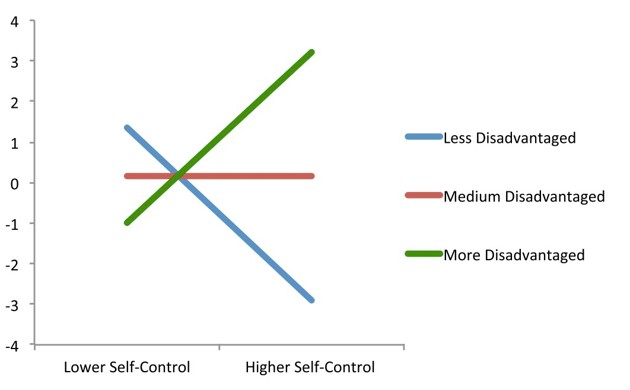Their passions forge their fetters.

Profound economic, social and civil changes have provoked a remarkable series of temporally cogent observations from vastly different actors this week. This highlights the diverse yet converging, social, academic and political recognition at the heart of public-policy challenges in the 21st century.
At the CORE of future policy and an inclusive, functioning civil society, is the recognition of the centrality of good governance.
Tim Lyons [@picketer] writing in todays Saturday Paper has produced a masterful argument centred on the higher-order challenges for post-industrial, modern economies and has moved me to connect a series of pieces I have seen this week.
Lyons hits the nail on the head when referencing Dr. Ken Henry’s oft-used phrase that “good governance can be a source of national competitive advantage“.
Whilst neither Tim Lyons or Ken Henry would perhaps agree with my references to the “Old Whig”, Edmund Burke, they would, I have no doubt, forcefully concur with his observation that:
“When bad men combine, the good must associate; else they will fall one by one, an unpitied sacrifice in a contemptible struggle.”
As Lyons points out in his article, it is not simply a matter of illegality or corruption, but the more negative and corrosive consequences of influence, lack of transparency and confusion of “access” with “representation” that challenges modern policy to be effective beyond the few.
James Hamblin [ @jameshamblin ] writing in this week’s The Atlantic, provides an equally compelling and well researched argument on the Paradox of Effort. Hamblin’s excellent article highlights the research of Professor Gregory Miller and his team from Northwestern University highlighting the medical research behind what some may euphemistically call the “protestant work ethic” that underpins much of the Calvinist predilections [my term] of modern economic and social policy.

We’re talking about people hardly being given a chance to pursue their goals without having to pay with their health. This is really, really important work.”
As if by design, both Agnes Török [ @AgnesTorokPoet ] and Mhairia Black [ @MhairiBlack ] appeared this week, to provide a qualitative commentary that is equally lived, researched, eloquent and authentic. Young, powerful women making genuine assessments of the structural flaws in modern, advanced economies/societies.
Wisdom beyond their years.
These are the voices of a modern civil society. They are also the voices that many would consider “subversive” or “counter”, yet ironically compliment the words of the “Old Whig”
Consider Agnes’ observations on a young person’s experience of the transition to the UK Labour market.
Worthless – Agnes Török
Also consider the United Kingdom’s youngest MP, the SNP’s Mhairi Black.
Maiden Speech – Mhairi Black -MP [UK House of Commons]
Commission for Governance
Returning to Tim Lyons’ original premise of a flawed and [at best] biased polity, no longer serving the whole, it seems prudent if not prescient to consider his contention of a “Commission for Governance“. I will certainly #vote1CommissionforGovernance
“Men are qualified for civil liberty in exact proportion to their disposition to put moral chains upon their own appetites…in proportion as they are more disposed to listen to the counsels of the wise and good, in preference to the flattery of knaves. Society cannot exist, unless a controlling power upon will and appetite be placed somewhere; and the less of it there is within, the more there must be without. It is ordained in the eternal constitution of things, that men of intemperate minds cannot be free. Their passions forge their fetters.”
– Edmund Burke

